The Mark Cuban Story
From selling garbage bags door-to-door in Pittsburgh to building billion-dollar companies - the journey of an American entrepreneur who could lead our nation.
The Kid from Pittsburgh
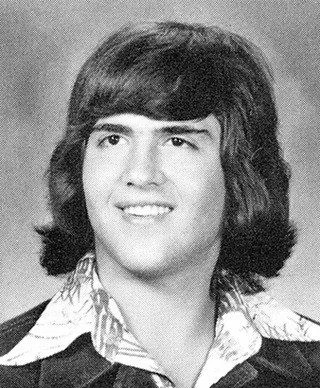
It was 1970 in Pittsburgh, Pennsylvania. While other 12-year-olds were playing baseball or watching TV, Mark Cuban was knocking on doors in his neighborhood, selling garbage bags. Not because he had to, but because he wanted those expensive basketball shoes that his working-class family couldn't afford.
His father Norton worked as an automobile upholsterer, his mother Shirley took on various jobs to make ends meet. The Cuban household wasn't wealthy, but it was rich in something more valuable: the belief that in America, if you work hard enough and smart enough, you can achieve anything.
That door-to-door sales experience taught young Mark his first lesson in business: understand what people need, provide real value, and success will follow. It's a lesson that would guide him through every venture that followed.
The College Hustler
At Indiana University, while his classmates were focused on parties and grades, Mark was already thinking like an entrepreneur. He gave dance lessons to earn money. He organized parties and charged admission. He was always looking for the next opportunity, the next way to create value and earn a living.
But it wasn't just about the money. Cuban was learning something crucial about leadership and business: how to identify what people want, how to organize resources to deliver it, and how to do it better than anyone else. These weren't lessons from a textbook - they were lessons from real life.
When he graduated in 1981 with a degree in Management, he had more than just a diploma. He had real-world experience in entrepreneurship, customer service, and the kind of creative problem-solving that would later make him billions.
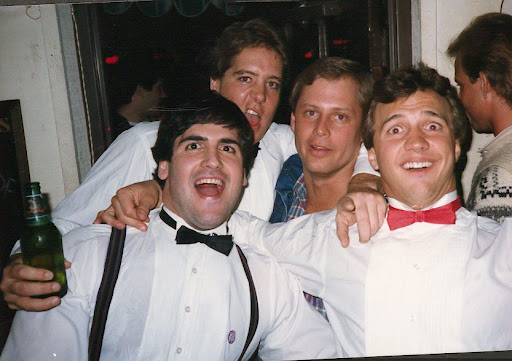
The Dallas Dream
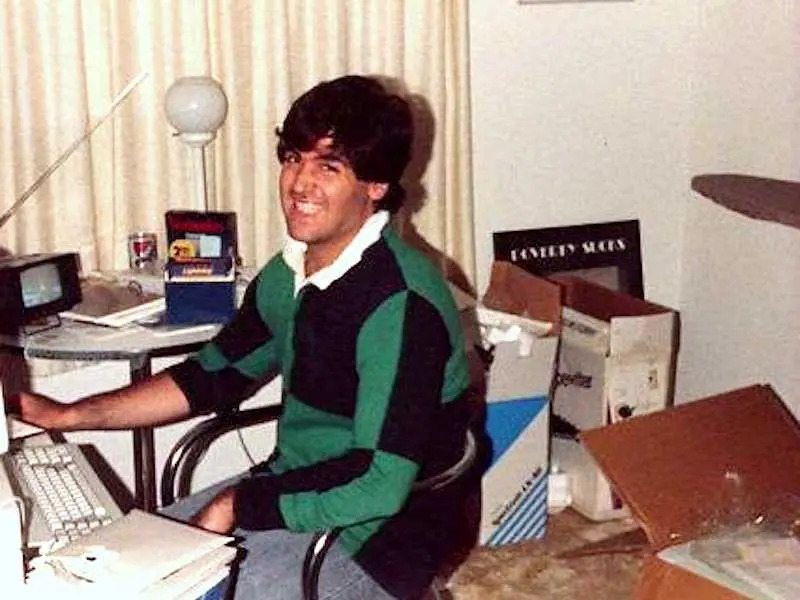
Fresh out of college, Cuban moved to Dallas with little more than determination and a beat-up car. He got a job at a computer software retailer, eager to learn about this new technology that was just beginning to change the world.
But Cuban's entrepreneurial spirit didn't fit well with corporate bureaucracy. One day, instead of opening the store as scheduled, he closed a big deal with a client. His boss fired him on the spot. Most people would have seen this as a setback. Cuban saw it as an opportunity.
"Getting fired was the best thing that ever happened to me," Cuban would later say. Because that firing forced him to do what he was meant to do: start his own company and build something from nothing.
Building an Empire
In 1983, with just $500 and a vision, Cuban founded MicroSolutions. The computer consulting company started in a small office, but Cuban's approach was different. While other tech companies focused on the technology, Cuban focused on the customer. He made sure his team understood not just how computers worked, but how they could solve real business problems.
Cuban worked 18-hour days, slept on the office floor, and personally handled customer service calls. He wasn't just building a business; he was building relationships. By 1990, MicroSolutions was worth millions, and CompuServe bought it for $6 million.
But Cuban wasn't done. He had tasted success, but more importantly, he had learned that in America, with the right combination of hard work, innovation, and customer focus, there was no limit to what you could achieve.
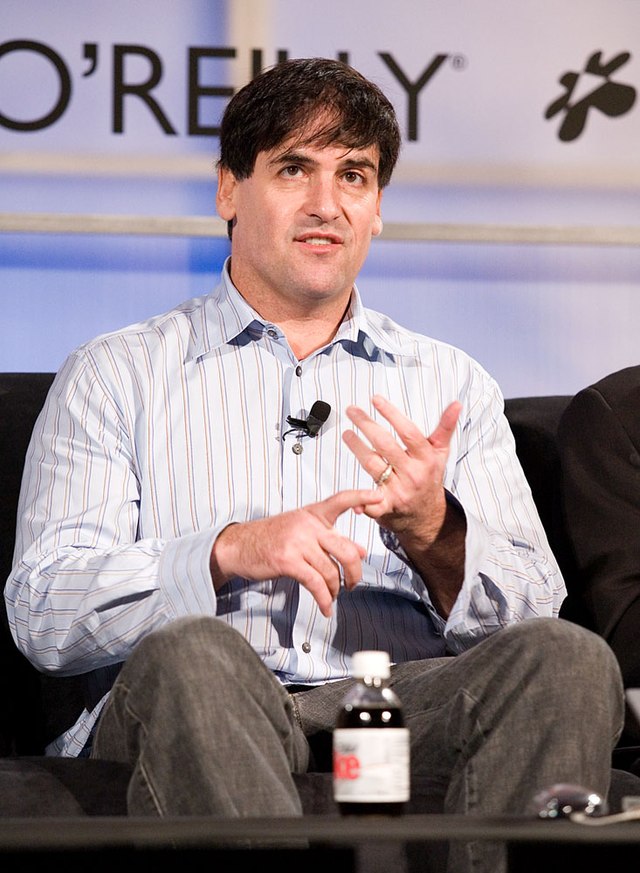
The Internet Revolution
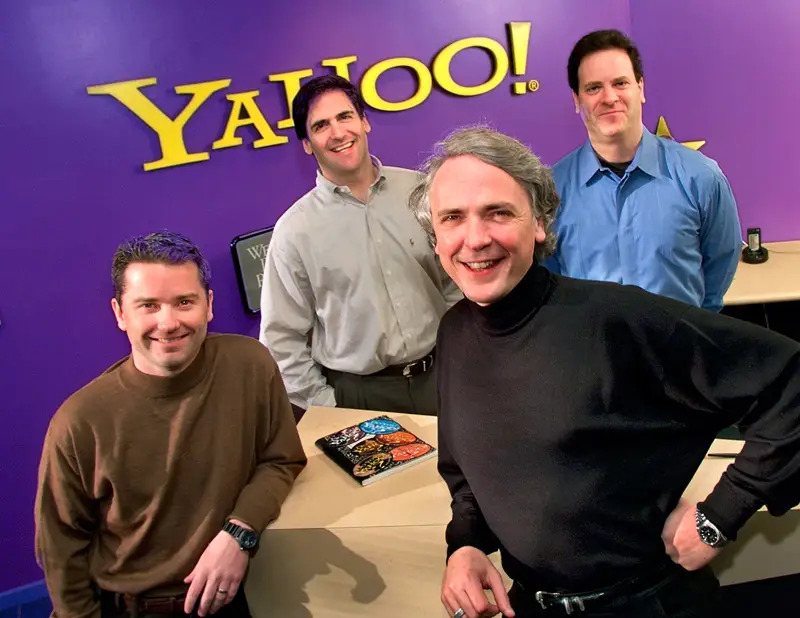
In 1995, Cuban co-founded Broadcast.com with a simple but revolutionary idea: use the internet to broadcast audio and video content. Most people thought he was crazy. The internet was still new, streaming was unreliable, and nobody was sure if people would actually want to watch or listen to content online.
But Cuban saw the future before others did. He understood that technology wasn't just about gadgets - it was about connecting people, sharing information, and creating new possibilities. Broadcast.com became the pioneer of internet streaming, broadcasting everything from sports games to business conferences.
In 1999, Yahoo! acquired Broadcast.com for $5.7 billion. At age 40, Mark Cuban had become a billionaire. But more than the money, he had proven something important: that American innovation and entrepreneurship could still create incredible opportunities for those willing to take risks and work hard.
More Than Money
Success gave Cuban something more valuable than wealth: a platform to make a difference. When he bought the Dallas Mavericks in 2000, the team was struggling. But Cuban applied the same principles that had made his businesses successful: focus on the customer (fans), invest in excellence, and never accept mediocrity.
Under his ownership, the Mavericks transformed from a laughingstock into NBA champions in 2011. But Cuban's impact went beyond basketball. He revolutionized the fan experience, invested in the community, and showed that business success and social responsibility could go hand in hand.
Through "Shark Tank," Cuban has invested in hundreds of small businesses, helping entrepreneurs achieve their own American dreams. He's not just making money - he's creating opportunities for others.
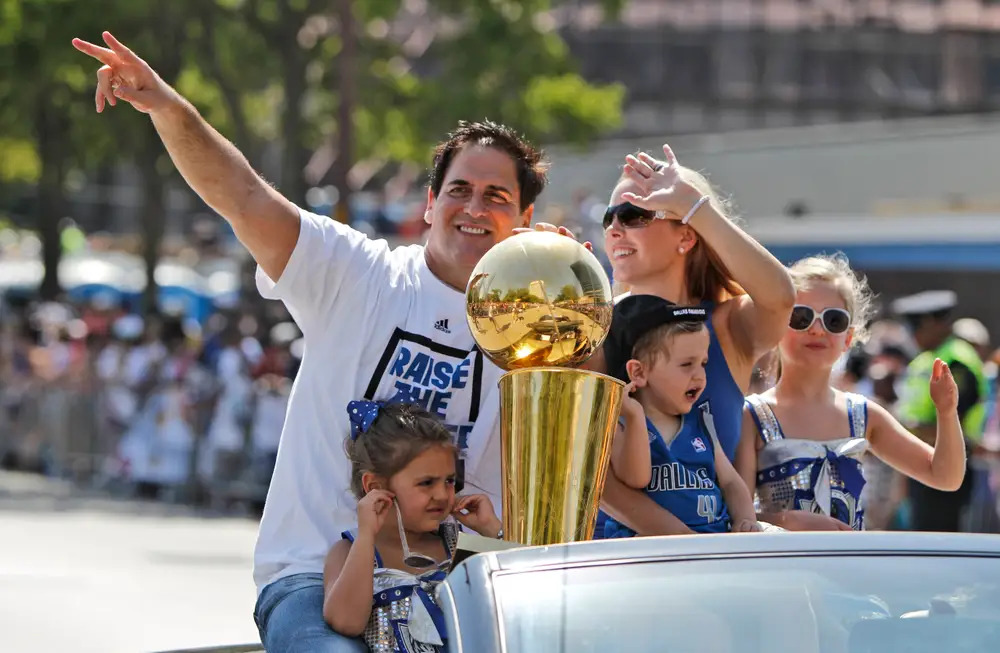
Fighting for What's Right
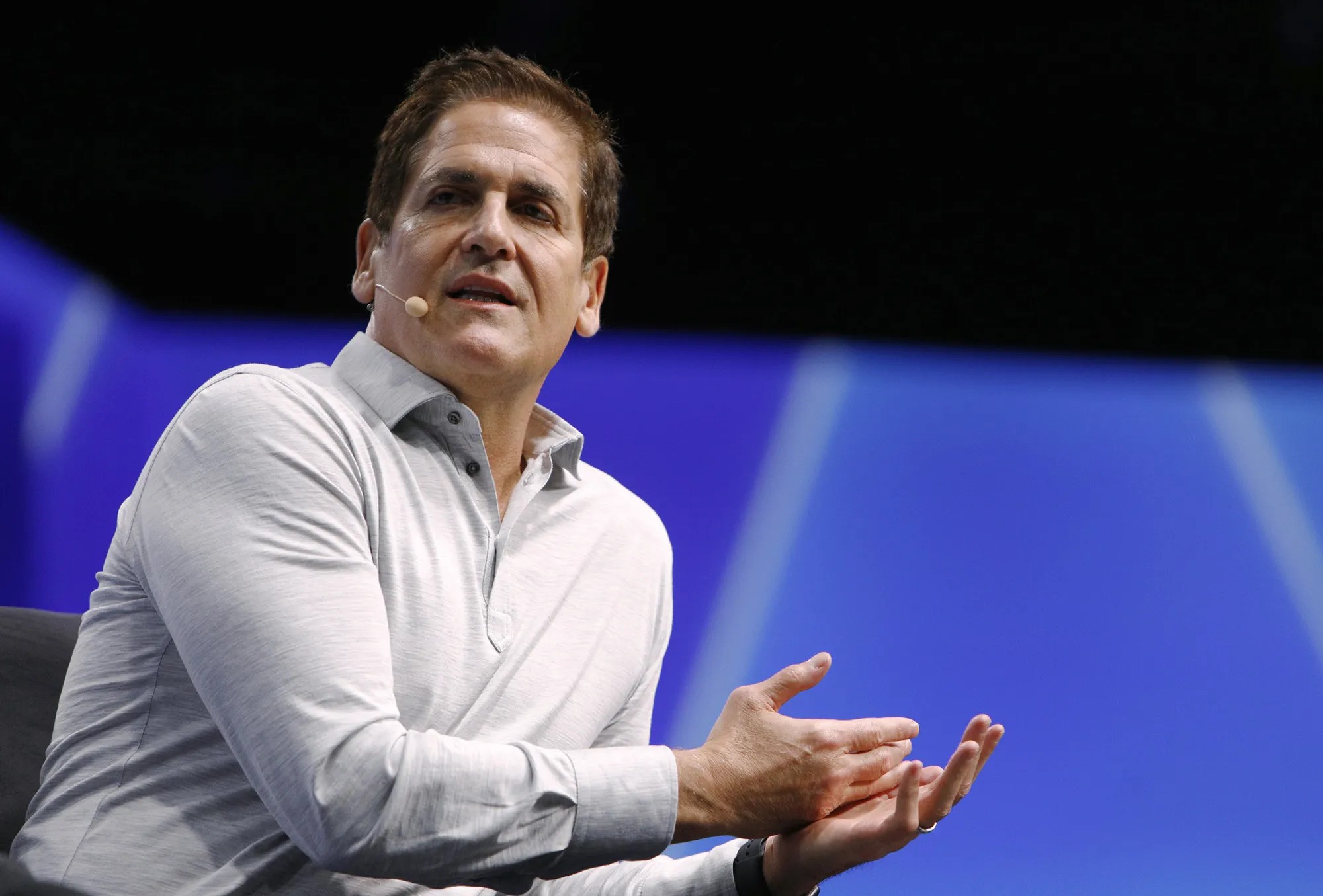
Cuban's latest venture, Cost Plus Drug Company, might be his most important yet. Frustrated by the high cost of prescription medications that were bankrupting American families, Cuban decided to do something about it. He created a company that sells medications at cost plus a small markup, with complete transparency about pricing.
This isn't just business - it's a mission. Cuban is using his wealth and influence to tackle one of America's biggest problems: healthcare costs. He's proving that business can be a force for good, that profit and purpose can work together.
It's exactly the kind of innovative, practical problem-solving that America needs in its leaders. Not more political rhetoric, but real solutions that help real people.
The Next Chapter
Mark Cuban's story is the American story: a kid from a working-class family who built an empire through hard work, innovation, and an unwavering belief in the power of free enterprise. He's created jobs, built communities, and solved problems.
Now, as America faces new challenges - from healthcare costs to economic inequality to global competition - we need leaders who have actually built things, who understand how to create jobs and solve problems, who aren't beholden to special interests or political establishments.
Mark Cuban's story isn't finished. The next chapter could be the most important one yet: President of the United States.